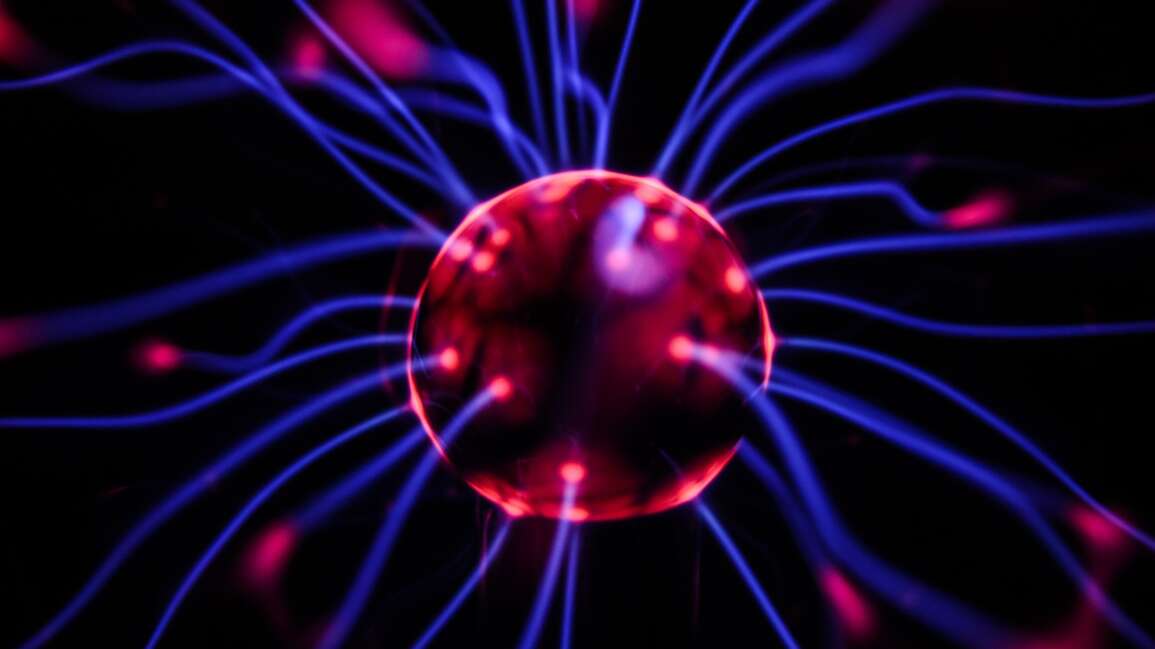Ever wondered why little noises trigger such an overpowering emotional response with you ? Why do they fill you with such anger, rage, anxiety, disgust and hatred ? Why do you feel out of control ? Do you wonder what is wrong with me…normal people don’t react like this ?
You are not alone. Misophonia is an under reported and sometimes misunderstood disorder that can be all consuming for sufferers and their loved ones. It’s a real condition.
You can’t simply “snap out of it” or “get over it” – and you are not crazy ! even though you may feel a little crazy about it sometimes.
Misophonia is a condition where a person has an extreme emotional response to commonly occurring soft sounds and sometimes visual images. These are called “triggers” because they can trigger the emotional response of anger, hatred, disgust and rage. When the trigger happens, the person can’t concentrate on anything else. Feeling trapped with the trigger makes the emotional response worse and can trigger the fight or flight response. Sometimes the response is so extreme that the sufferer can feel like verbally or physically assaulting the person that is making the noise, they may scream or cry or feel a strong need to run away.
This can lead to feelings of despair and hopelessness or guilt towards the person who triggered you.
The triggers are usually to eating sounds such as: –
- Chewing, crunching, lip smacking, swallowing and talking with food in the mouth.
- Sounds made at the table – cutlery on the plate, cutting, clinking of glasses etc…
- Other mouth sounds such as sucking teeth, lip popping, kissing, teeth brushing etc…
- Breathing sounds, home sounds, work sounds, school sounds, singing, humming, whistling, electronic sounds, animal sounds etc…
I have a family member with this condition, so I have personal experience in it’s treatment and management.
Management reduce the impact of the condition on a person’s life, but will not change the fundamental reflex reactions of misophonia. This includes creating a trigger-free haven, a place where they escape to. Using noise cancelling or isolating headphones. Improving diet, good quality sleep and general wellness. Using electronics and technology such as white noise generators, smartphone apps and bluetooth sound generators.
The treatments for Misophonia are underpinned by solid neuroscience. Practicing muscle relaxation techniques daily for several months has proven to be enormously successful for some sufferers. Using paced breathing, CBT and focussed concentration can help. Neural Repatterning Technique is a treatment I can help you with. The treatment involves hearing an intermittent, very weak trigger while experiencing a positive situation such as listening to your favourite music or talking about positive life experiences. Hypnotherapy can be used to “collapse the anchor”, that is, disconnect the emotional response from the physical reflex and create a positive emotional response to the physical reflex.
If you or a loved one suffers from Misophonia, please contact me to discuss management and treatment options, as I have a specialist interest in this disorder and would love to help you.






